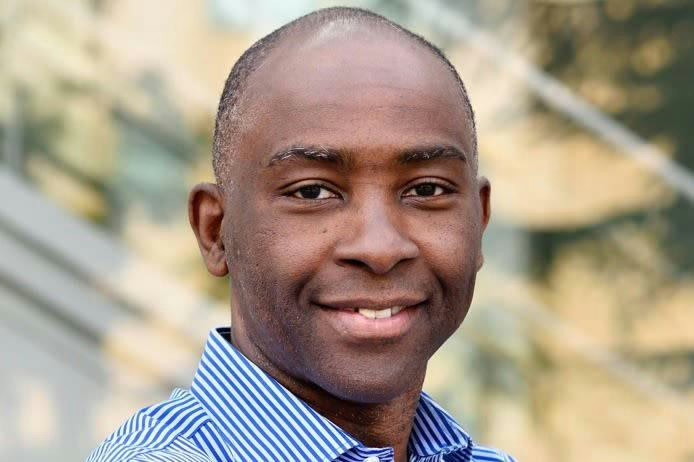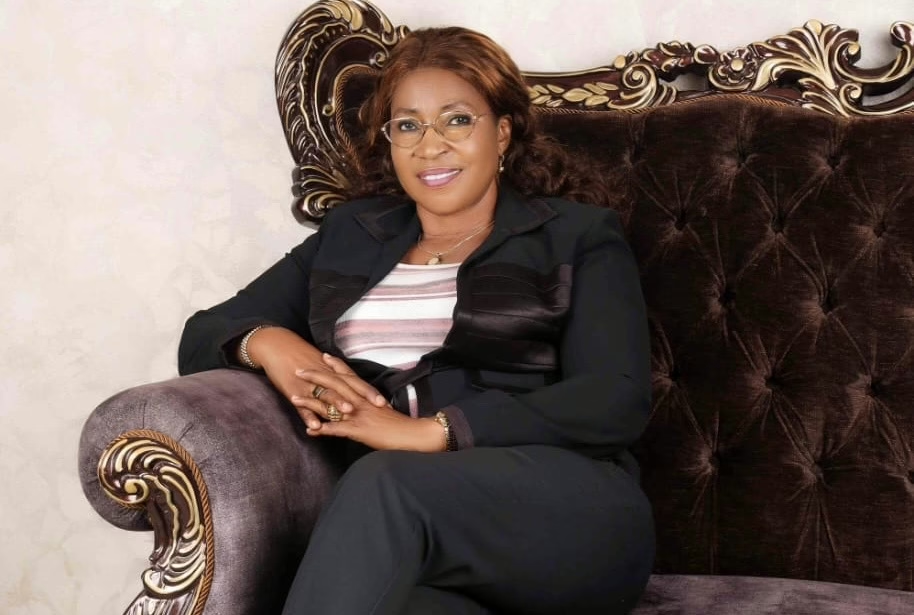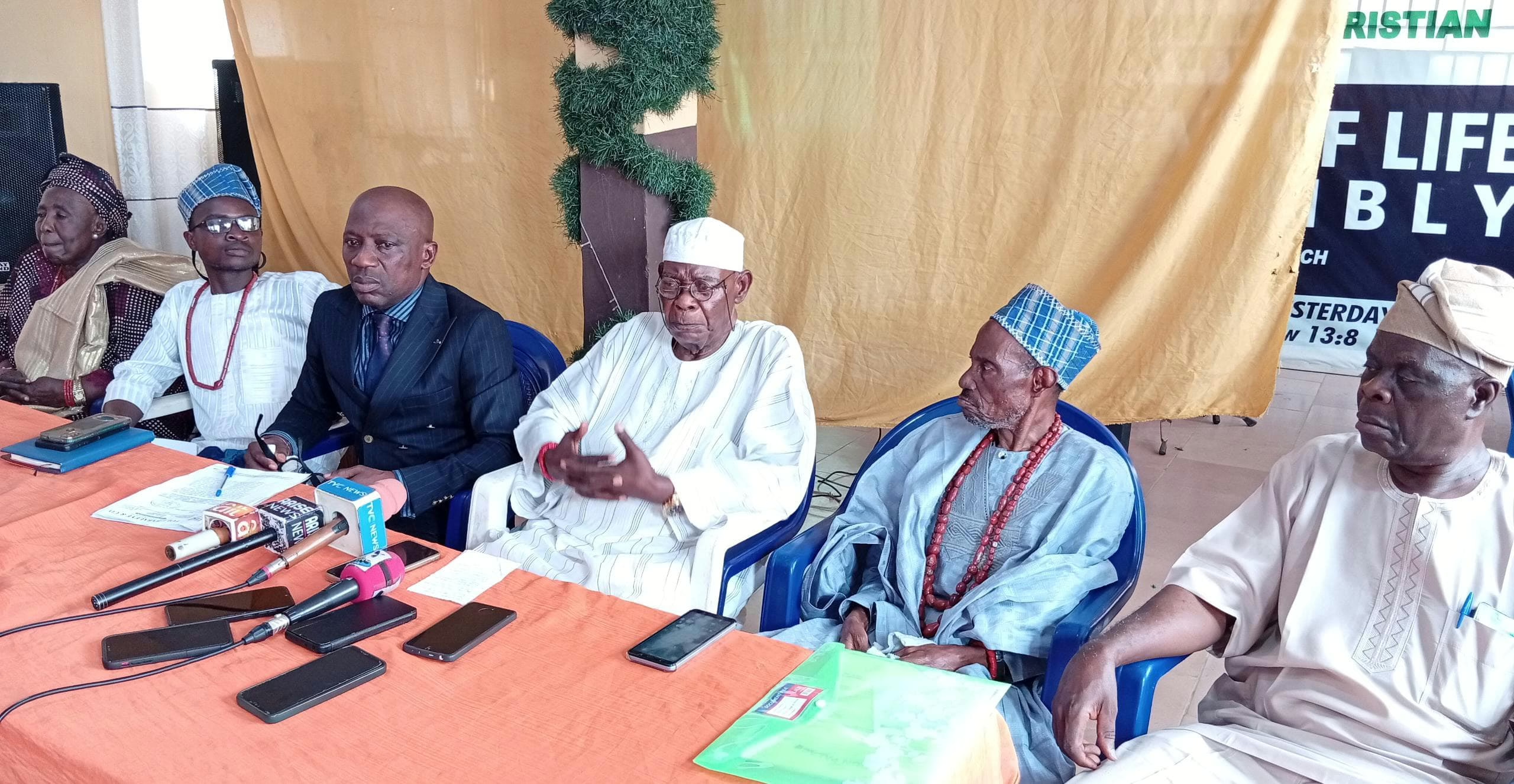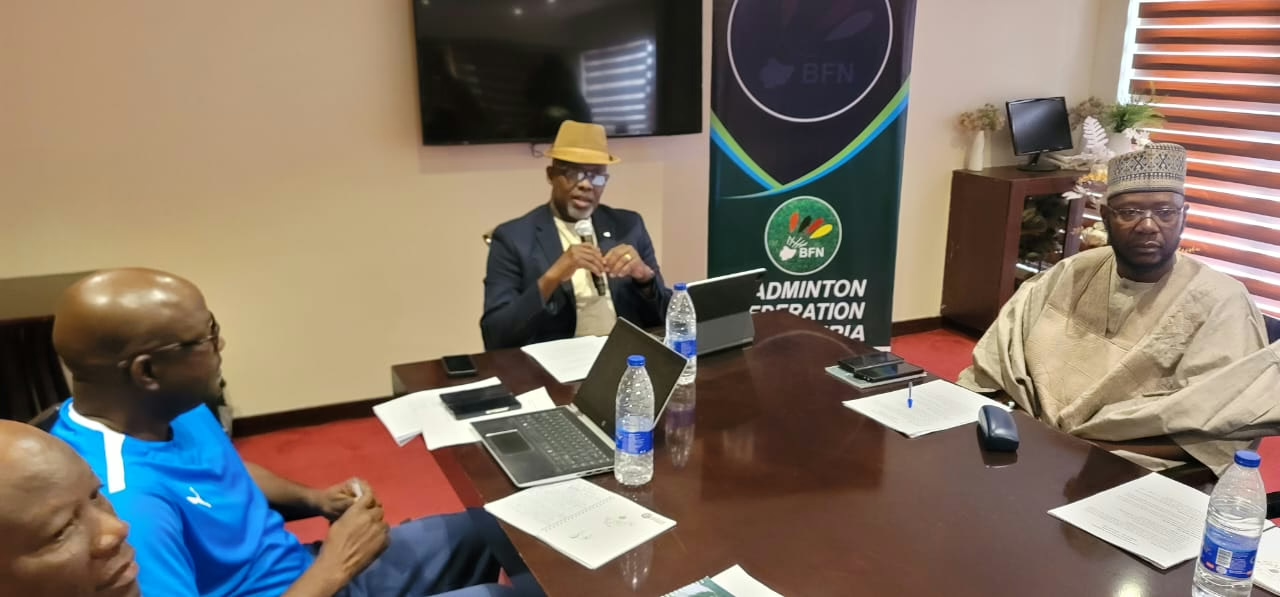Dr. Kunle Olukotun, a British-born Nigerian computer scientist, has made remarkable strides in the tech world, earning recognition for his pioneering contributions to computer engineering, particularly in the development of multi-core processor technology.
Olukotun began his academic journey at Calvin College in Michigan, where he completed his undergraduate degree. He later proceeded to the University of Michigan, earning both his master’s and doctorate degrees in Computer Science and Engineering in 1987 and 1991 respectively.
The same year he completed his PhD, Olukotun joined Stanford University as a professor.
He currently holds the prestigious title of Cadence Design Systems Professor in the School of Engineering and serves as a Professor of Electrical Engineering and Computer Science.
At Stanford, Olukotun led the Hydra chip multiprocessor (CMP) project, which explored how to efficiently design small-scale multiprocessors on a chip.
This research laid the foundation for one of the earliest chip multiprocessors that supported thread-level speculation (TLS), boosting computing efficiency and performance across various applications.
Driven by his innovative work, Olukotun went on to found Afara Websystems. The company focused on building high-performance, energy-efficient multicore processors for server environments.
Afara was eventually acquired by Sun Microsystems, which used Olukotun’s technology to create the UltraSPARC T1 processor—widely known as “Niagara”—a landmark in multicore and multithreaded CPU design.
His groundbreaking work has earned him the title of “father of the multi-core processor.”
Olukotun’s research continues to focus on areas like computer architecture, scalable parallel systems, domain-specific programming languages, and high-level compilers.
In recognition of his contributions, he was named a Fellow of the Association for Computing Machinery (ACM) in 2006 and became an IEEE Fellow in 2008.
His Yoruba heritage also shines through in his work. He named his company Afara—which means “bridge” in Yoruba—and a Stanford server “Ogun” after the Yoruba deity of iron and metal, a fitting nod to the computing world’s term “big iron” for large computers.
With over 150 published academic papers, 12 U.S. patents, and two textbooks to his name, Dr. Olukotun stands as a towering figure in modern computing and a source of pride to Nigeria and the global tech community.







Leave a Reply